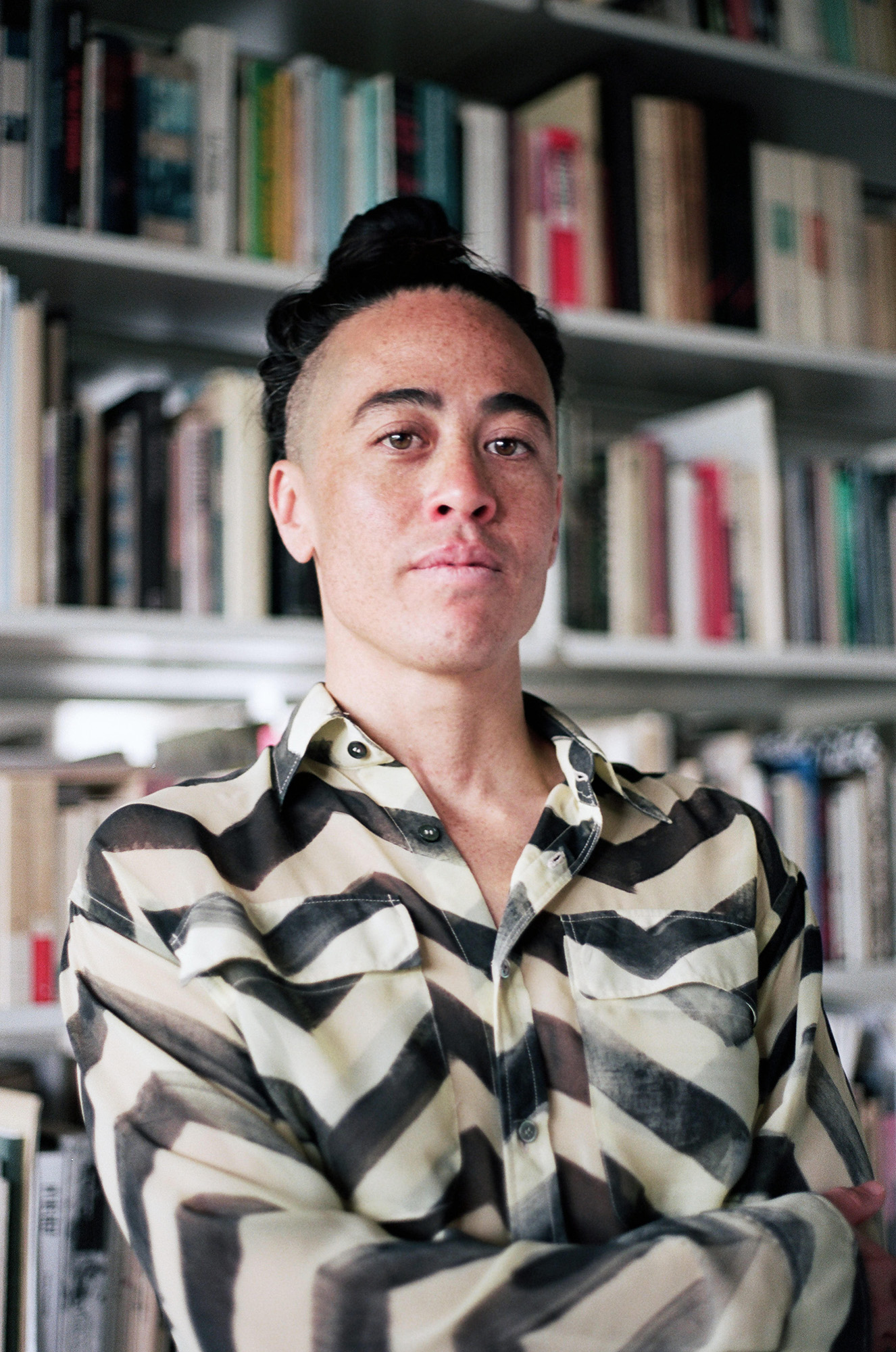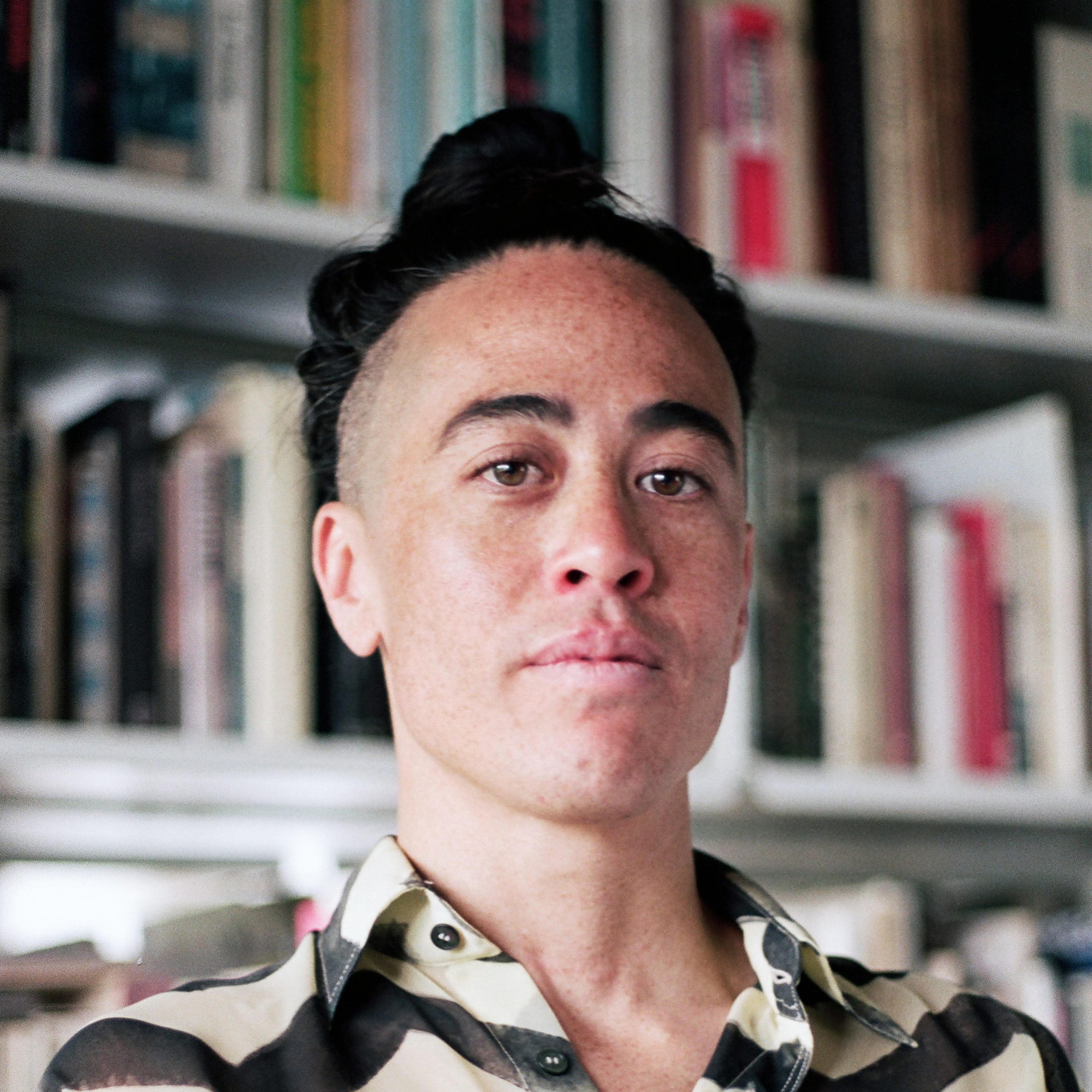All galleries are now a stage for the artist and director, as Tsang continues to remake the classics for the current moment. While no longer formally resident director at Zürich’s Schauspielhaus theatre, a role Tsang held from 2019 to 2024, her revamped version of Carmen debuted at the Klanghaus Toggenburg in January, while in the spring the Schauspielhaus launched a freewheeling version of Robin Hood that featured Tsang’s collective Moved by the Motion, and that enlisted artist Sophia Al-Maria to bring a contemporary bent to the tale of Nottingham’s King of Thieves; the production toured to Vienna in June. This theatrical approach has infused Tsang’s work in art institutions, such as the sound installation made with Enrique Fuenteblanca that reframed Kunsthaus Zürich’s collection in July. This was followed by the duo’s curatorial take on Tate’s collection of Picassos, casting the audience as the actors at Tate Modern’s Theatre Picasso – though critical reactions to that experiment in immersive recontextualisation were mixed.
Advertisement
Power 100
Most influential people in 2025 in the contemporary artworld
- 202583
- 202440
- 202348
- 202214
- 202073
- 2019
- 2018
- 2017
- 2016
- 2015
- 2014
- 2013
- 2012
- 2011
- 2010
- 2009
- 2008

Related articles
Advertisement
Advertisement
